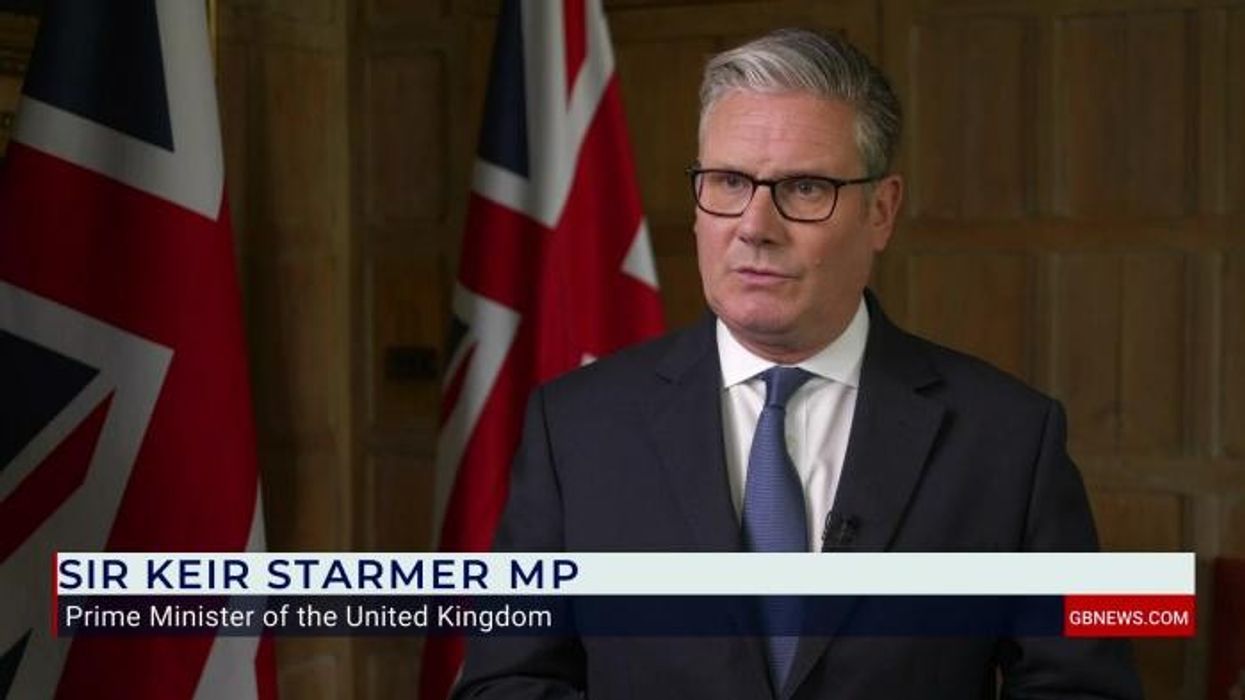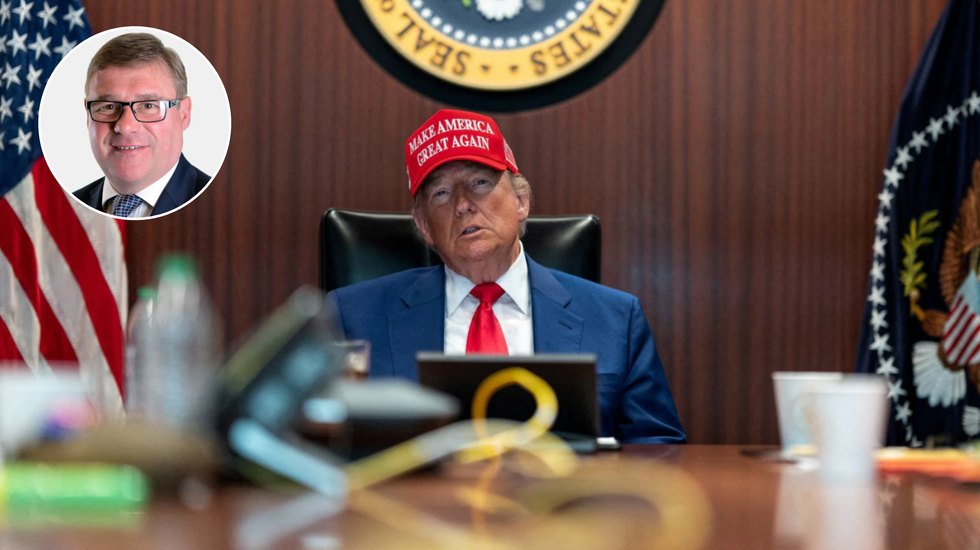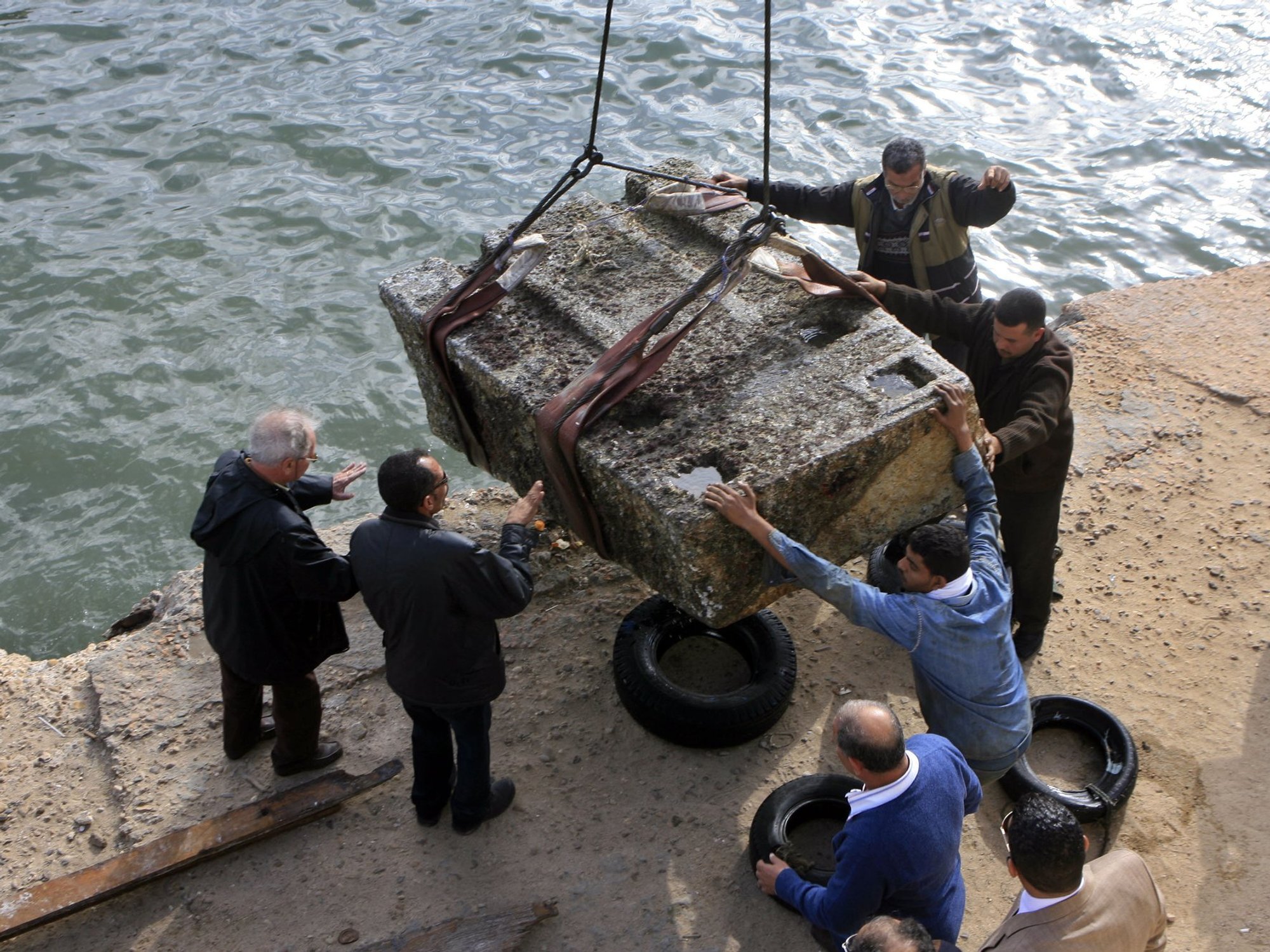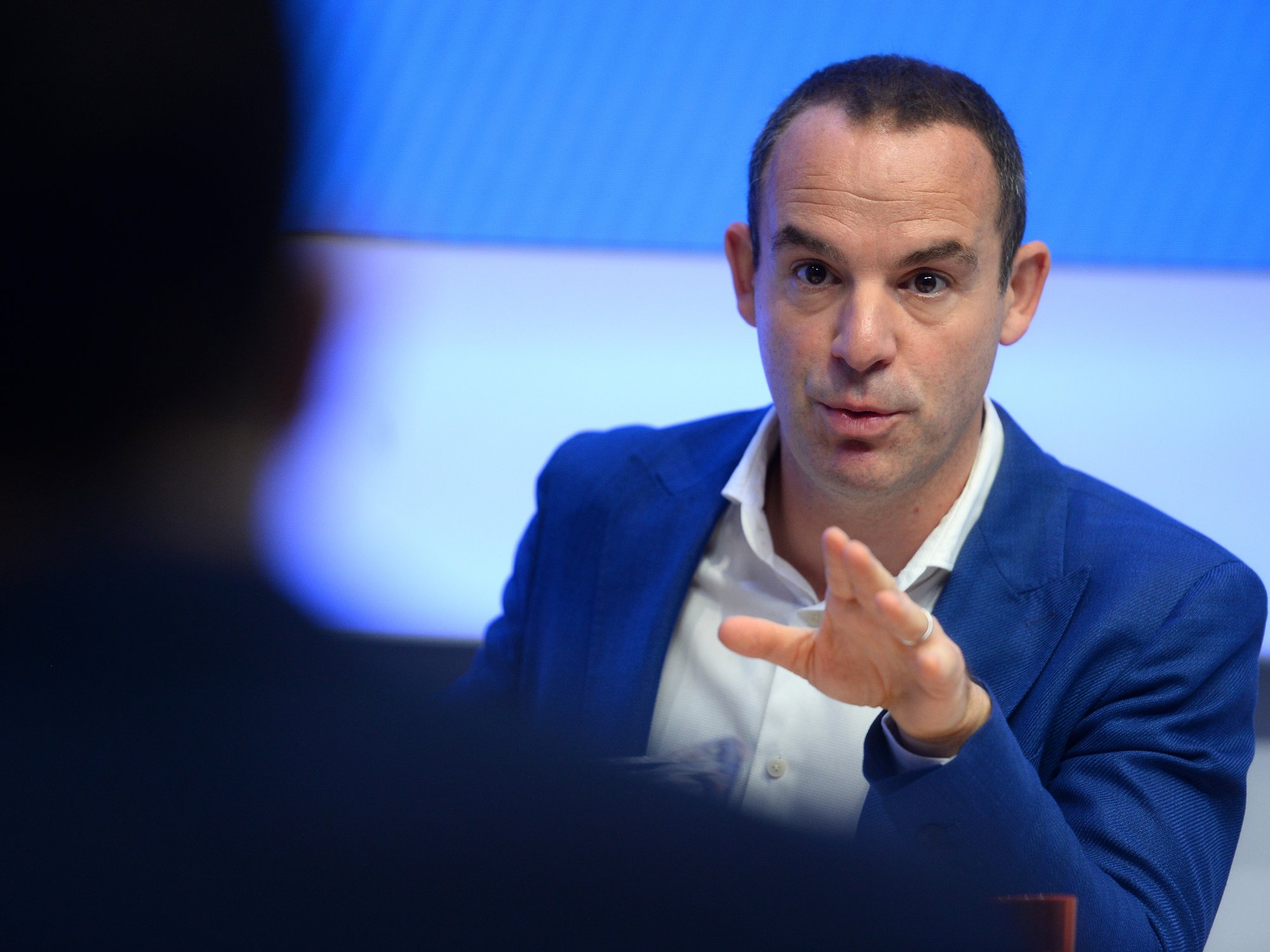Donald Trump was right to strike Iran. Urgent questions now hang over Britain - Mark Francois

Keir Starmer reacts to US strikes on Iran |
GB
OPINION: We need to know whether the US sought any British assistance, and what, if anything, was our response
Don't Miss
Most Read
Trending on GB News
Britain awoke this morning to the news that President Donald Trump had given the order, overnight, for American B-2 bombers to attack the three key Iranian nuclear facilities, at Fordow, Natanz and Isfahan, respectively.
HM Opposition have already supported these surgical strikes to dismantle Iran’s attempts to create a viable nuclear weapon - and here’s why.
Iran has been a malign influence in the Middle East for decades. The theocratic regime of the Iranian Mullahs has, for many years, sponsored, financed, armed and trained terrorist groups such as Hamas, Hezbollah, and the Houthis in Yemen.
The order to launch the appalling Hamas attack into Israel, in October 2023, almost certainly came ultimately from Tehran, in part to forestall progress in negotiations between Israel and Saudi Arabia over a form of potential Arab Israeli peace agreement, known as the “Abraham Accords”.
Hezbollah has incited terrorist attacks in the Middle East for years, chiefly against Israel but against others as well, while the Houthis have repeatedly launched largely Iranian-supplied missiles against allied shipping transiting the Red Sea, including British merchant vessels.
One effect of this has been to persuade some shipping companies to re-route their vessels, via the Cape, adding considerably to the length of their journeys, with adverse impacts for industrial supply chains and the price of goods reaching our shops.
In addition, the Iranians have supplied thousands of attack drones and now even ballistic missiles to actively assist Vladimir Putin’s barbaric regime in Russia, which has, in turn, used them against multiple Ukrainian civilian targets. In short, on top of everything else, the Iranians have helped the Russians to kill Ukrainians, too.
Closer to home, earlier this week, a man with apparent links to Iran was arrested for allegedly spying on our strategic airbase at RAF Akrotiri in Cyprus, where some of our Typhoon jets are now based and, just a few days ago, two activists from “Palestinian Action” somehow managed to break into a supposedly secure airbase at RAF Brize Norton in Oxfordshire (although, in this latter case, no definitive link with Iran has yet been established). Moreover, as UK ministers have now confirmed, Iran has also been involved in hostile cyberattacks against the UK in recent months.

Donald Trump was right to strike Iran. Urgent questions now hang over Britain - Mark Francois
|Reuters
So, all in all, Iran has been no “friend to peace” in the Middle East or Europe either.
Regarding its nuclear facilities, it has long been an open secret that Iran has been trying to develop and then make viable a nuclear weapon. Despite years of tortuous negotiations between the Western powers and Iran, the Iranians have continued with this dangerous aim, even to the point of building supposedly invulnerable facilities, deep underground (such as beneath the mountain at Fordow) to enrich the Uranium necessary for such a weapon.
Simultaneously, they have developed ballistic missiles of increasing range and accuracy, which might, one day, have been fitted with an Iranian Bomb.
The Iranian regime has repeatedly claimed that these efforts were solely designed to foster a civilian nuclear industry, even though Iran is famously an oil-rich nation.
Moreover, the independent and respected International Atomic Energy Authority (the IAEA) recently reported that Iran was achieving enrichment rates of around 60 per cent - very close to the level required to manufacture a nuclear weapon - whereas only a few per cent enrichment is required for civilian energy use.
You don’t need a degree in nuclear engineering to see what the Iranians were up to - stalling the negotiations for as long as possible, while trying to build a nuclear bomb deep underground.
The weapon, which was used against the three targets, which only the B-2 can carry, was the American 30,000 lb GBU-57 Massive Ordnance Penetrator ( MOP), which was specifically designed, from the outset, to destroy deeply buried targets of exactly this kind.
We do not yet know the precise extent of the damage, but, even if the Iranian facilities were not completely destroyed (which they may yet have been) they will almost certainly have been severely damaged, putting the Iranian leadership back years, or even decades, in their quest for “the bomb”.
We will now, almost certainly, see a Statement from the Government - hopefully, the Prime Minister himself - in the House of Commons on Monday, about the American action this weekend and what might flow from it.
As a key ally of the United States, it will also be important for the PM to clarify whether the US sought any British assistance, and what, if anything, was our response.
In addition, we also need to know what, exactly, happened at RAF Brize Norton during the week and, crucially, what the Ministry of Defence (which has since announced a “Review” of security at all of our military installations) is now doing about it.
In summary, President Trump did give the Iranians fair warning weeks ago that if there wasn’t real progress in the negotiations, then he might sanction a direct strike on Iran’s nuclear facilities to remove the threat of an Iranian-developed nuclear weapon.
Clearly, no such progress was achieved, and, in the end, the President essentially called their bluff and took out the facilities anyway.
There is no world we can foresee which would be made safer by Iran possessing a viable nuclear weapon. That is why, for all the reasons I have outlined above, we support the action taken.
More From GB News










